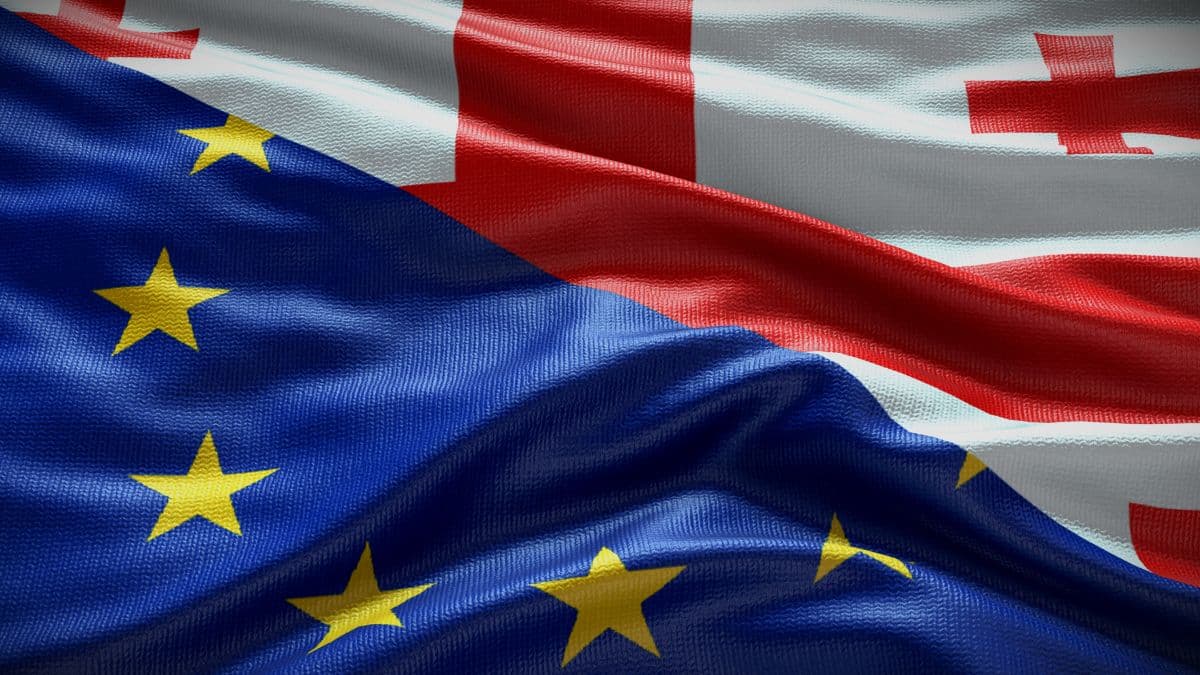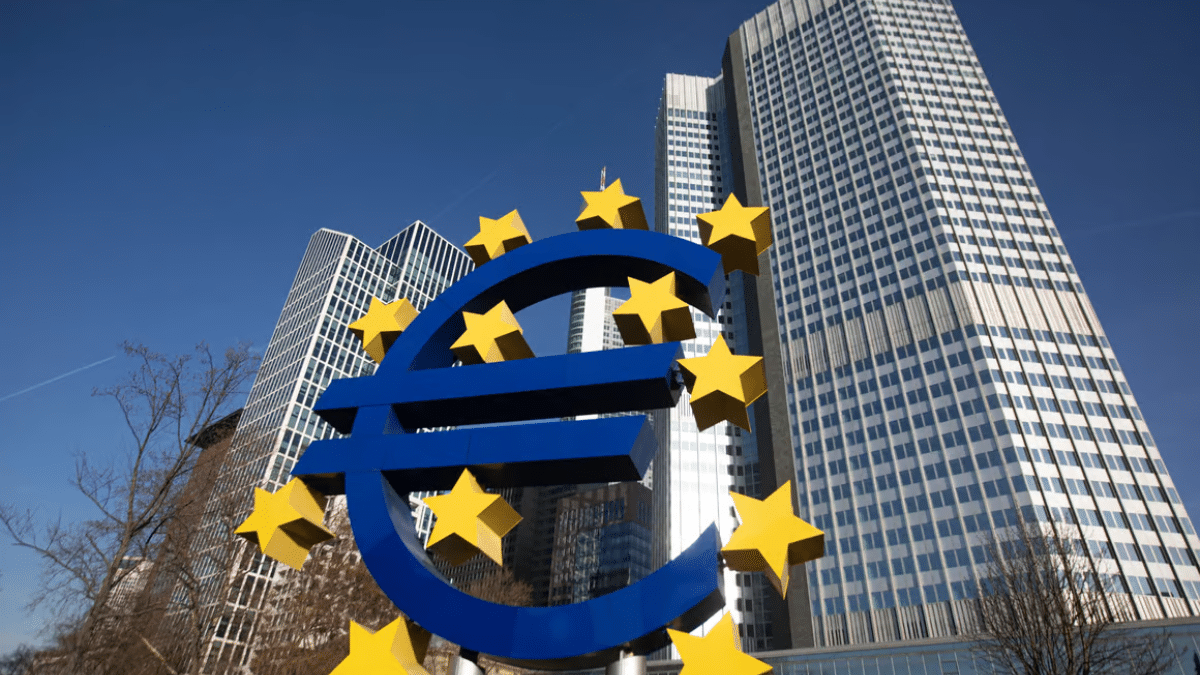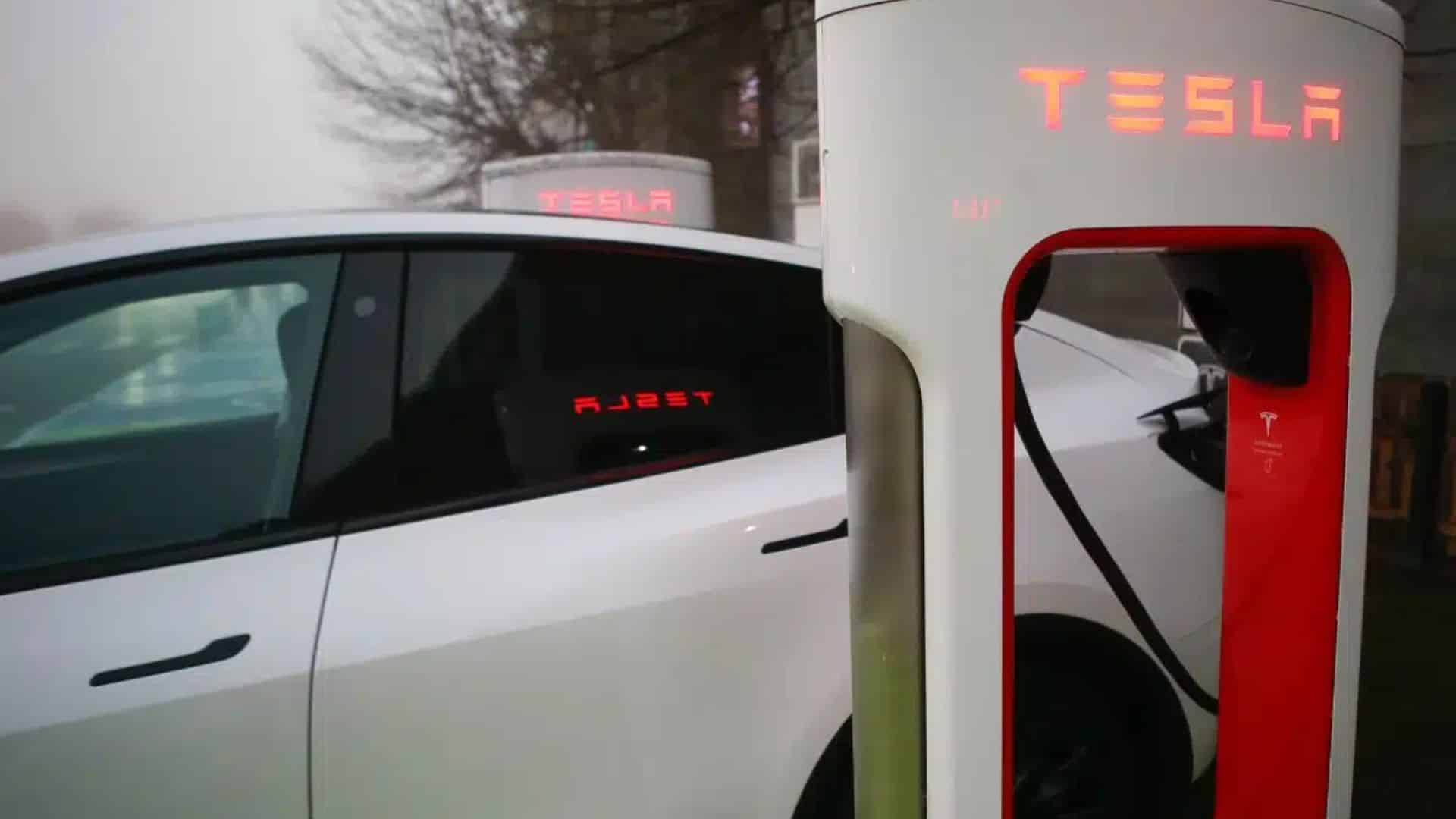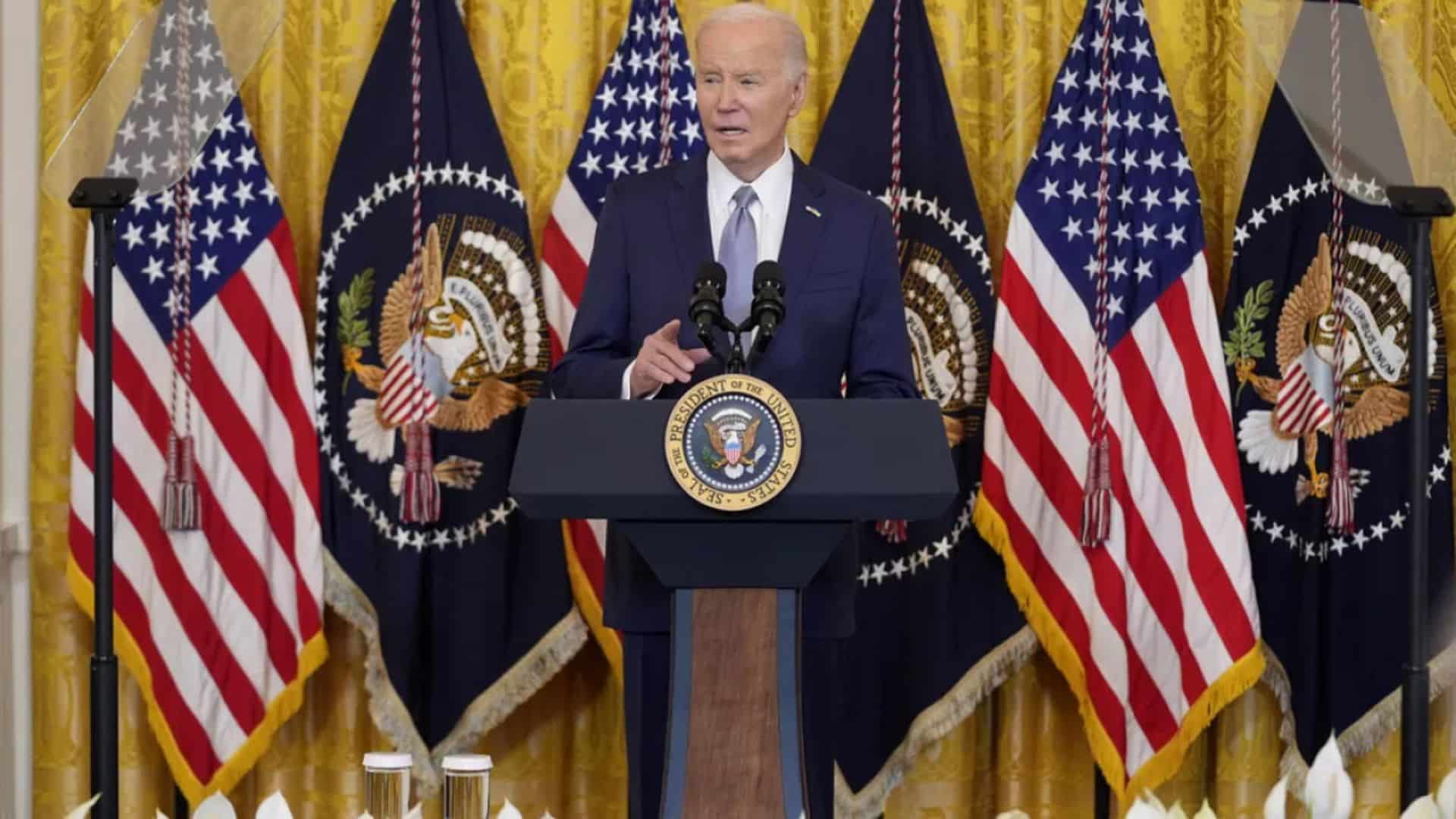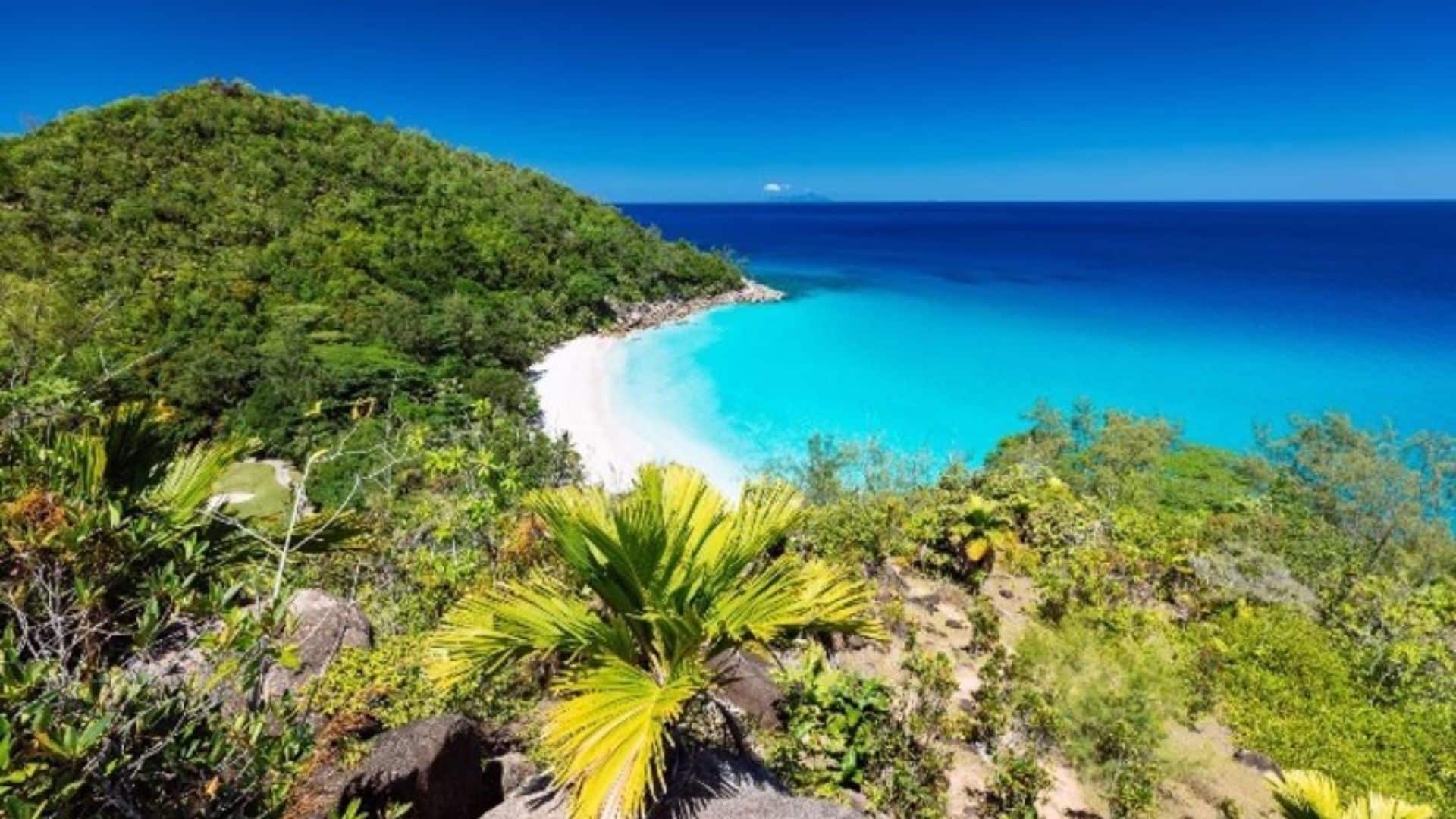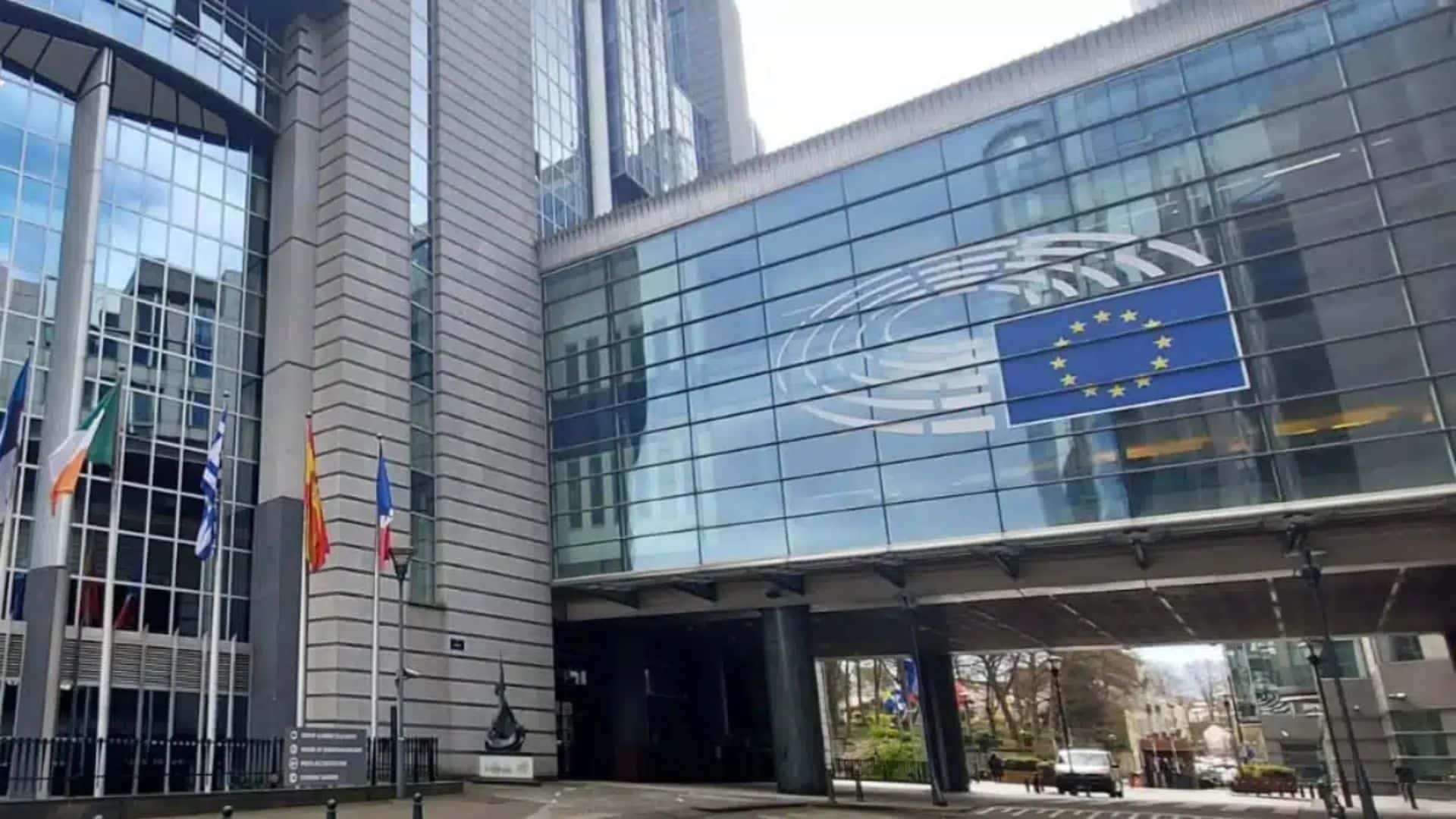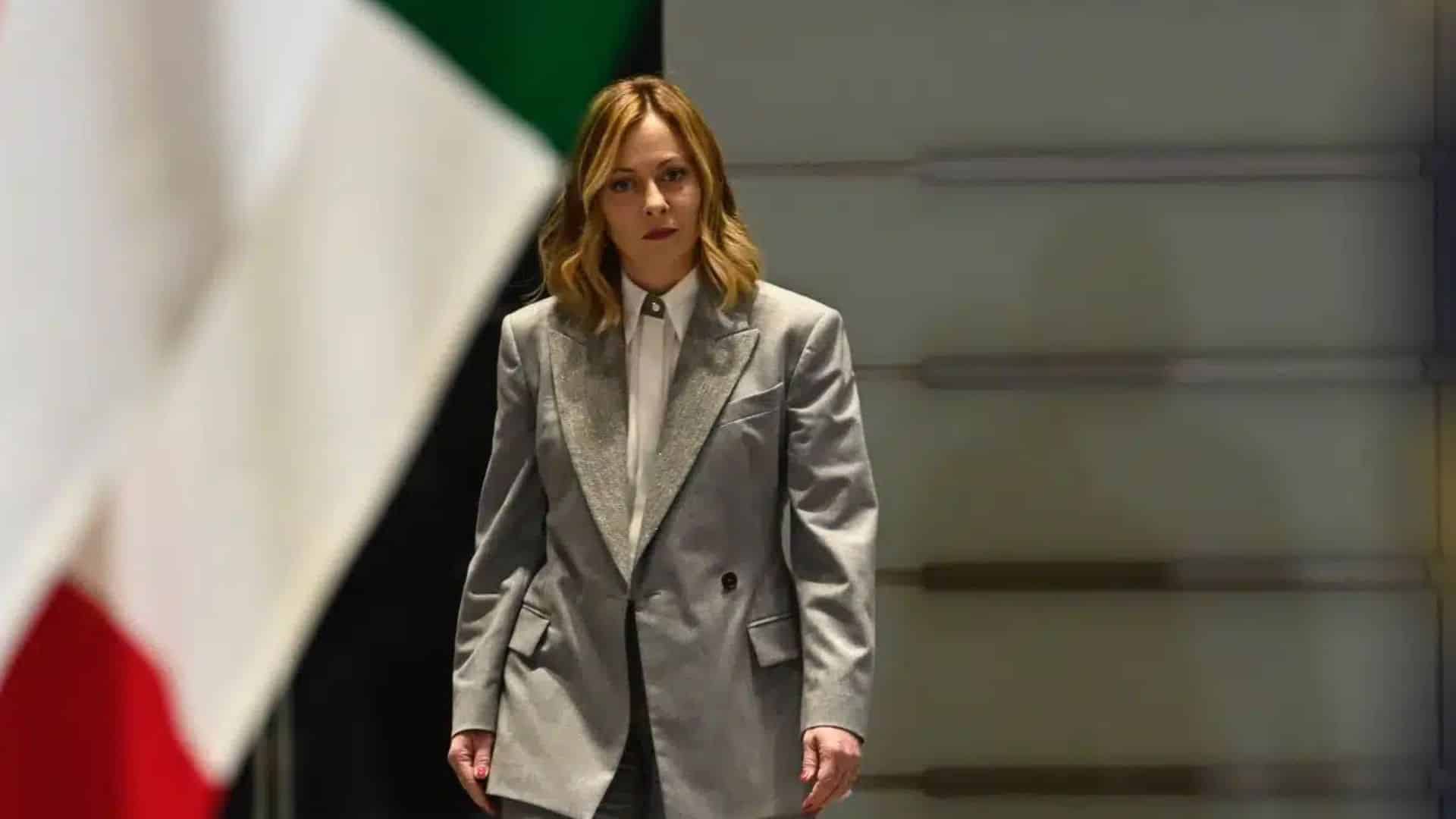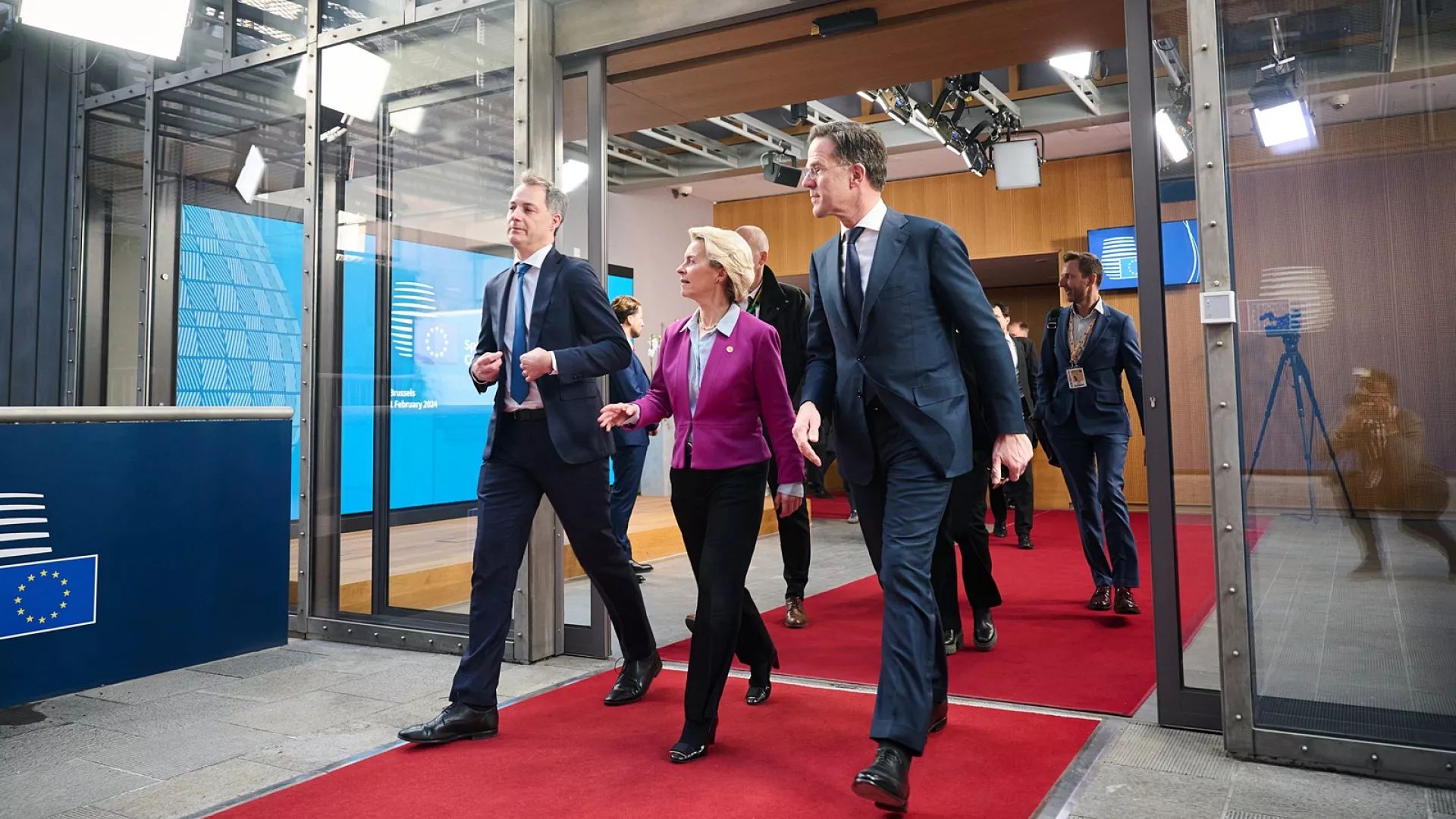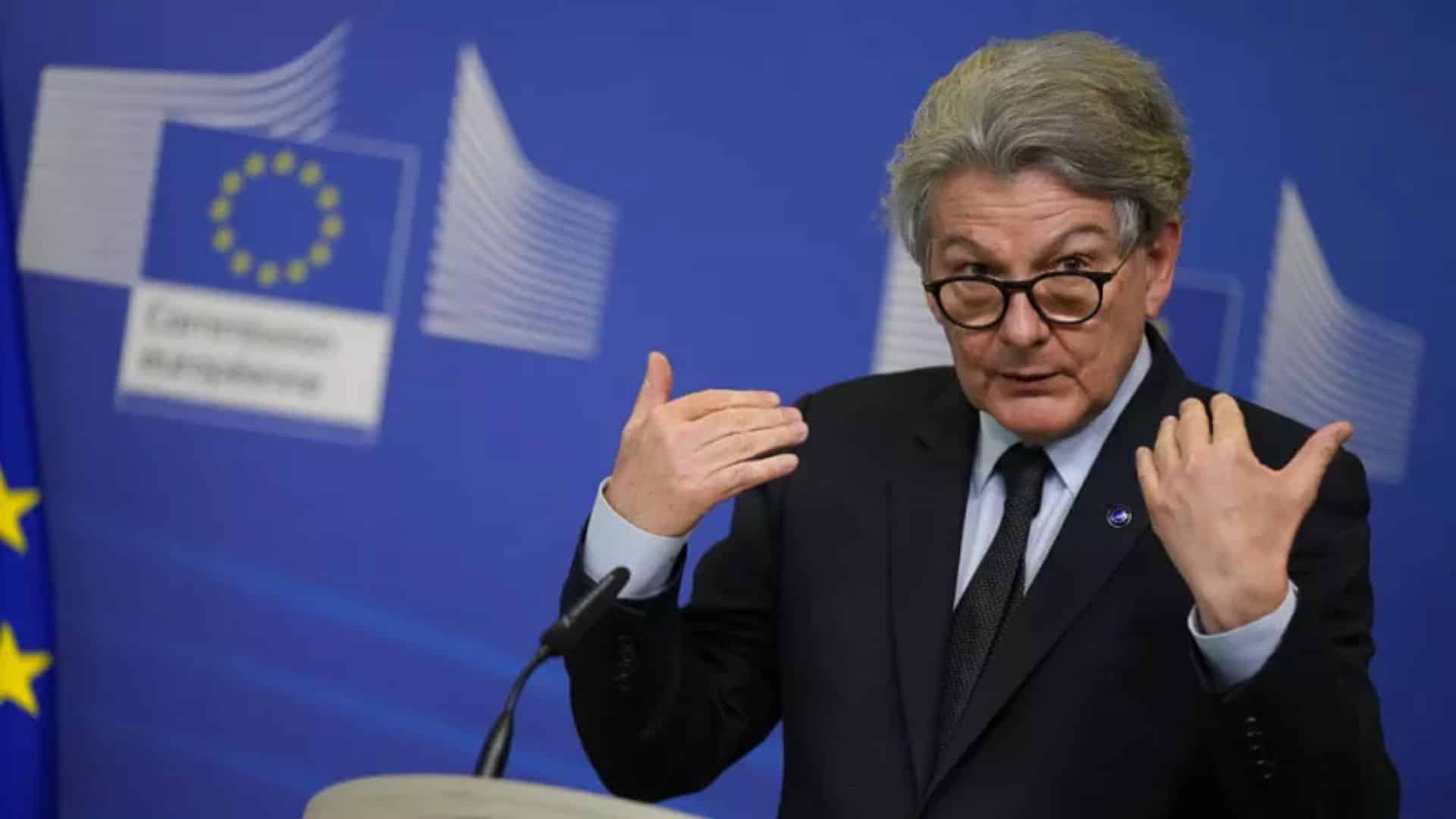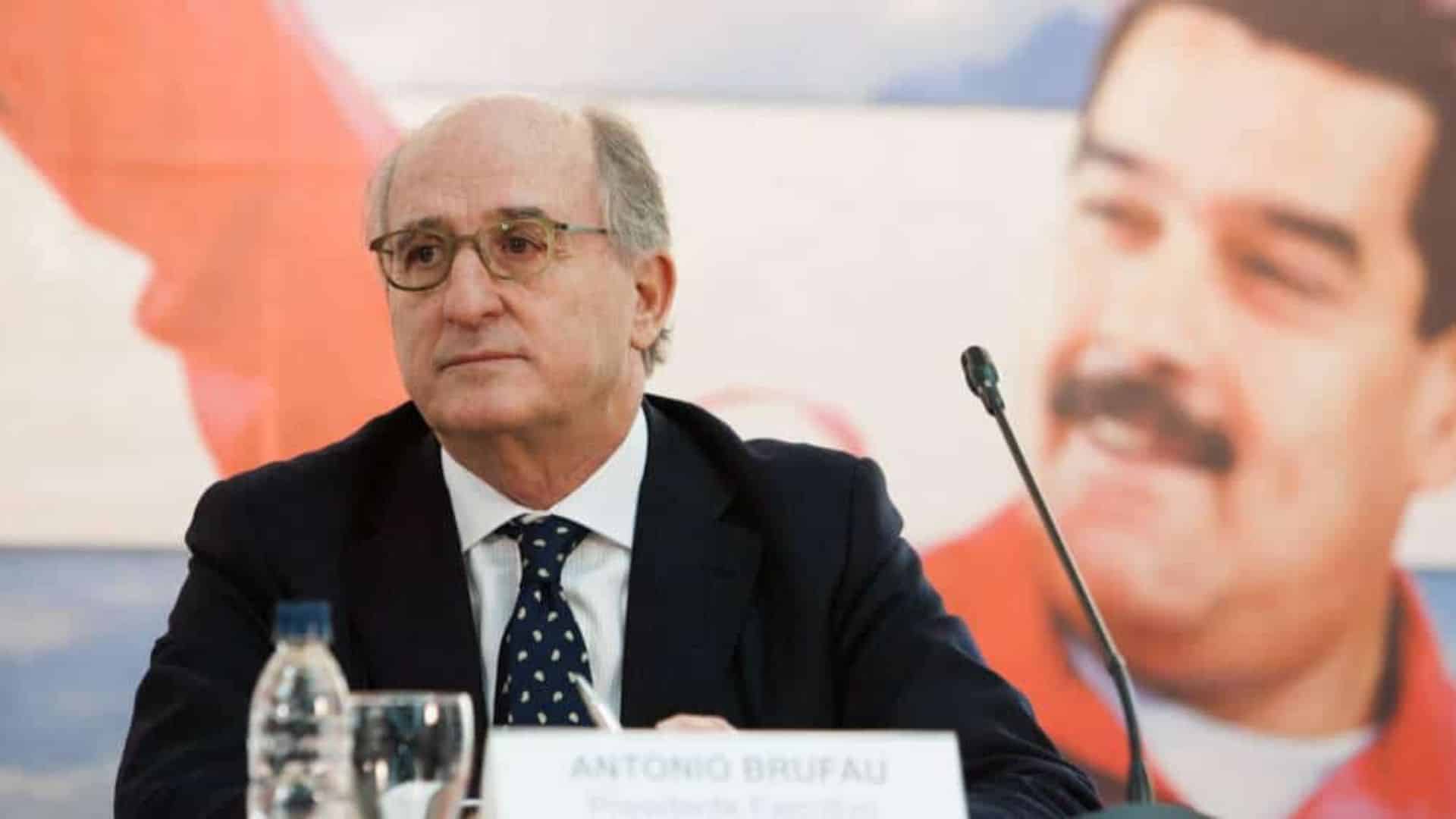
Repsol and its intimate relations with the regime of Nicolás Maduro
The agreements of Repsol, the oil company presided over by Andoni Brufau and directed by Josu Jon Imaz, president of the PNV between 2004 and 2008, who later joined the company when he left politics, are long and extensive in terms of the amount of money it has invested in Venezuela. Not even the establishment of Hugo Chávez’s Bolivarian regime brought the oil company to its senses, which maintained its heavy investments under Nicolás Maduro, Chávez’s successor, investments that were used to finance the Bolivarian government that swept away the opposition. Only the international sanctions against the Chavista regime for its dictatorial ways and methods, especially those imposed by the United States, made Repsol reconsider, and given the high risk taken, it had to reduce its exposure to the Venezuelan country.
Even so, its presence is very important and it is present with financing in Venezuelan public companies, such as PDVSA, whose top leaders, at different stages, have been accused of corruption; some of them even enjoy a petrol station as a business in Spain. The company has been in Venezuela since 1993 and currently has a presence in the country through its participation in crude oil joint ventures. Repsol provides the money and Venezuela provides the oil in return.
Among its holdings is the Perla field, with an expected production at start-up of 1.2 billion cubic feet of gas per day, which was the largest gas discovery in the company’s history and the largest field in Latin America.
Located in the waters of the Gulf of Venezuela, 50 kilometres off the coast, it contains some 17 trillion cubic feet of gas, which, when the first well was brought on stream, was equivalent to 18 times the annual consumption of Spain.
Repsol has close relations with many Venezuelan state-owned companies whose leaders linked to the Bolivarian regime first of Chávez and then of Maduro have always been accused of corruption.
In addition, Repsol has a 60 % stake in the state of Monagas through Quiriquire Gas, an area covering 93.15 square kilometres, and also has a licence to explore and exploit non-associated gaseous hydrocarbons in the Quiriquire Profundo block.
It also participates in Petrocarabobo, an area of 382.86 square kilometres, where it is working on the development of heavy crude oil reserves.
It also has a 40 % stake in the joint venture Petroquiriquire, in partnership with Corporación Venezolana de Petróleo (CVP), which operates in the fields of Quiriquire, in the state of Monagas, and Mene Grande and Barúa Motatán, in the states of Zulia and Trujillo.
The Spanish oil company signed an agreement with PDVSA to invest USD 1.2 billion in the Petroquiriquire project, a joint venture in which the Venezuelan state-owned oil company is a majority shareholder, to increase crude oil production.
Equity exposure, down
At 30 June this year, Repsol’s total equity exposure to Venezuela was 327 million euros, 84 million less than the 411 million euros it had been at 31 December 2022.
The company’s current exposure to Venezuela mainly includes financing granted to Venezuelan subsidiaries, as it has been gradually reducing its exposure to the South American country.
In its 2018 accounts it recognised provisions for reversible risks or impairments of €1,159m, mainly due to developments in the oil sector in Venezuela and its equity exposure to the country, which then stood at €456m.
In addition to the evolution of the oil sector in Venezuela, the provisions were due to the increase in the discount rate, changes in the operating plans of the productive assets of the Group’s investees in Venezuela, the delay in the collection of sales and the increase in credit risk, which affected the value of financing instruments and receivables from PDVSA.
At 31 December 2018, Repsol’s total exposure in Venezuela was well over €450 million, although it was down from €1.48 billion a year earlier, due to write-downs recognised on the group’s assets in that country.
On the other hand, Repsol had an average net production in Venezuela in the first half of this year of 60,800 barrels of oil equivalent per day (5.7% more than the 57,500 barrels in the same period of 2022), equivalent to 10% of the 602,000 barrels of oil produced in the first six months of the year.
Crude oil imports grow
Spain’s purchases of Venezuelan crude oil have increased significantly this year, according to the latest information released by the Corporación de Reservas Estratégicas de Productos Petrolíferos (Cores).
Imports of Venezuelan crude oil to Spain increased by 87% in the first eight months of the year, to 813,000 tonnes, and in August, the latest data available, they represented 2.9% of all crude imported in the month.
At the market level, the announcement of the temporary lifting of US sanctions on Venezuela has resulted in a change in the trend of Brent oil prices, the European benchmark, which had rebounded 1.8 % the day before, to 91.52 dollars, following Iran’s request to impose an embargo on this raw material and other sanctions on Israel.
The US announcement of the temporary lifting of several sanctions on Venezuela, including those on the oil and gas sector, after the government of Nicolás Maduro and the opposition agreed on international supervision of the upcoming elections, has not caught Repsol by surprise.
The Spanish oil company had already announced in its first-half financial statements report in July that, although the political and economic situation in Venezuela remained unchanged, the outlook had improved as a result of the incipient relaxation of the US government’s coercive measures.
Repsol believes that Venezuela, in the hands of a corrupt Bolivarian regime with no respect for democratic rules and where citizens do not even have enough money to buy a roll of toilet paper, will improve after Biden decreed the partial and temporary lifting of sanctions on its oil companies.
Repsol assured that it would continue to adopt the necessary measures to continue its activity in Venezuela, with respect for the applicable international sanctions regulations, including US policies, in relation to Venezuela.
But it also spoke of progress at the negotiating table between the government and the Venezuelan opposition, and warned that it expected “progressive reductions in coercive measures if these negotiations prosper”, as seems to have happened with the temporary lifting of sanctions that has taken place months later.
Since 2017, with Donald Trump as president, Washington has applied sanctions against Venezuela such as vetoing access to the US financial system, freezing bank accounts and other assets of the Maduro government, and blocking hydrocarbon imports from Petróleos de Venezuela S.A. (PDVSA), the Venezuelan state-owned oil company. All these sanctions were a consequence of Nicolás Maduro’s dictatorial ways, with little respect for democratic rules, as well as all the corruption of his leadership.
However, the Biden Administration has softened this stance, and this May, for example, announced the temporary authorisation of some transactions of several US firms with PDVSA that had been prohibited since November 2018. Repsol believes that things are going to change in one of the richest countries in Latin America, which the Bolivarians have turned into one of the poorest, where citizens do not even earn enough to buy a roll of toilet paper.

